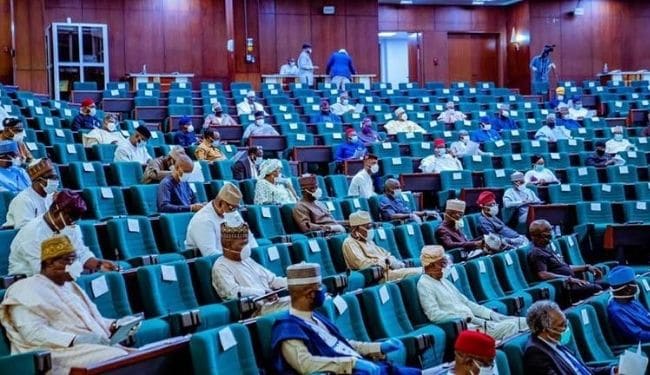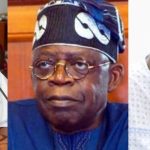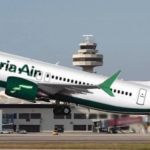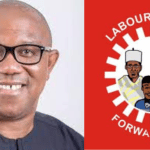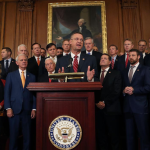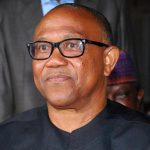Nigeria’s House of Representatives has rejected narratives especially by the United States government, framing Nigeria’s security crisis as a singularly religious conflict or as State-sponsored persecution, reaffirming Nigeria’s constitutional protections for freedom of religion and belief
The resolution followed a motion sponsored by the Deputy Speaker, Benjamin Kalu, and 358 other Members in reaction to a bill titled the Nigeria Religious Freedom Accountability Act of 2025 (S.2747) introduced in the United States Senate seeking to require the U.S. Secretary of State to designate Nigeria as a “Country of Particular Concern” (CPC) and to impose sanctions on Nigerian officials under Executive Order 13818 (Global Magnitsky) and related authorities.
The motion cited the U.S. Commission on International Religious Freedom (USCIRF) recent Annual Reports, which recommended Nigeria for CPC designation over persistent violations and state failures to protect non-state actors abuses
But the deputy speaker drew the attention of U.S authorities to the provisions of the Nigeria Constitution, which guarantees freedom of thought, conscience and religion and bars adoption of a State religion, explaining that successive administrations, security agencies, faith leaders and civil society continue to undertake measures to protect all worshippers and prosecute offenders, reflected in the U.S. Department of State’s 2023 country chapter and prior reports.
Lawmakers strongly condemned the assertion, maintaining that insecurity in Nigeria is complex and multi-causal, driven by insurgency, criminal banditry, farmer-herder conflict, separatist violence and communal disputes, affecting citizens of all faiths, calling on the House leadership to take urgent steps towards setting the records straight.
MUST READ:MACBAN Condemns Benue Killings, Demands End To Ethnic Profiling Of Fulani Herders
The House expressed concern that external legislative actions based on incomplete assessments risk undermining Nigeria’s sovereignty, misrepresenting facts, straining strategic relations, and unintentionally emboldening violent actors
In other resolutions, lawmakers:
● Directed the Federal Ministry of Foreign Affairs and the pNigerian Embassy in Washington, D.C. to lodge a pformal diplomatic demarche to the sponsors of the bill and relevant U.S. committees, transmitting empirical data, and Nigeria’s official position
● Wants the U.S. Mission in Nigeria and interested U.S. legislators to propose a Nigeria-U.S. Joint Fact-Finding and Dialogue
● Mandated the Committees on Foreign Affairs, National Security, & Intelligence, Interior, and Information, National Origntation & Values, police affairs, civil society, human rights to within 21 days coordinate the dialogue
● Convene mechanism on freedom of retigion or belief (FoRB), with participation from faith leaders and independent experts, and to invite USCIRF to a hearing/briefing of this House to examine sources, ethodology and remedies.
● Mandated the Committee on Legislative Compliance to ensure execution of these resolutions and to report back to the House within 28 days
(Editor: Anoyoyo Ogiagboviogie)



